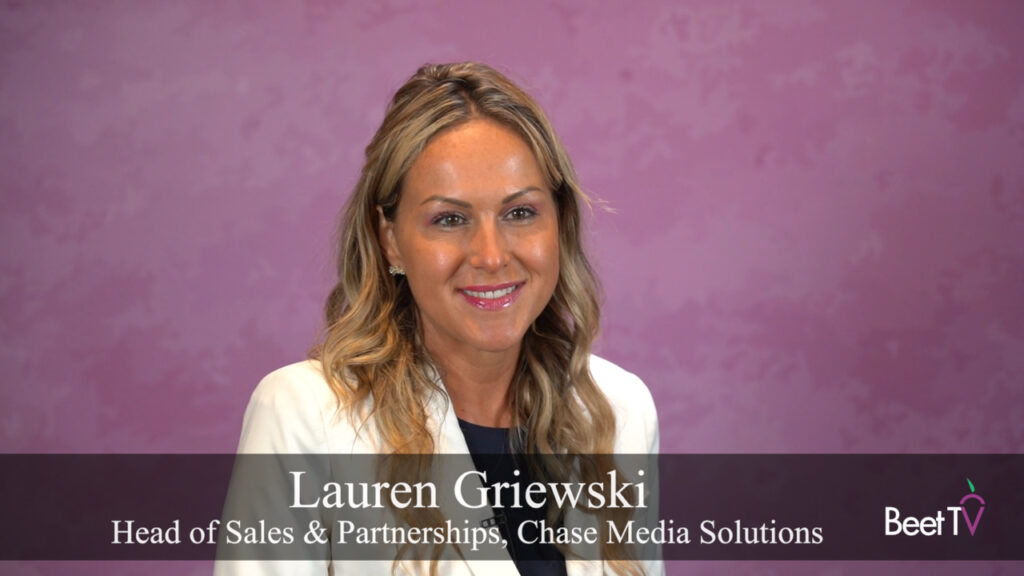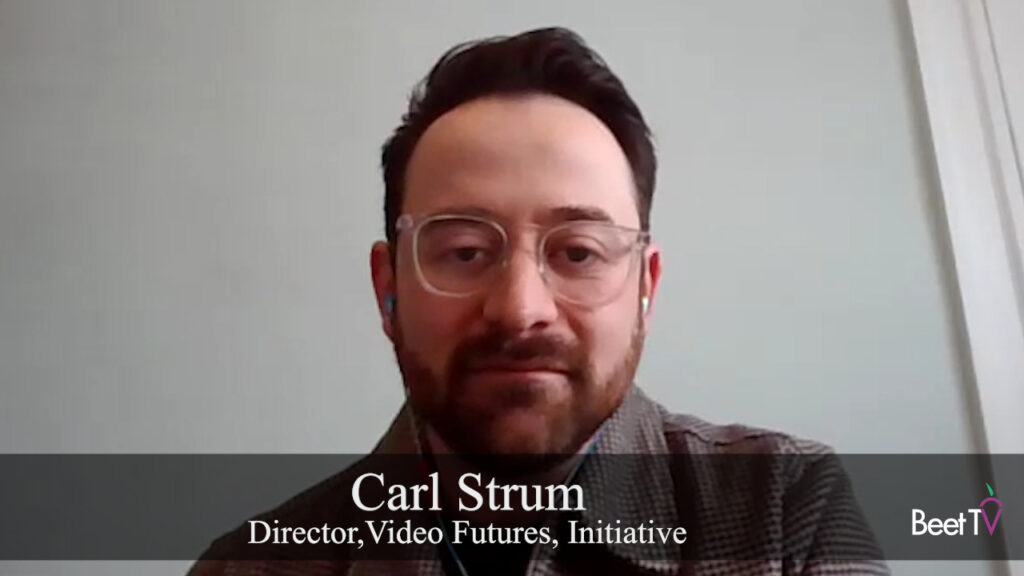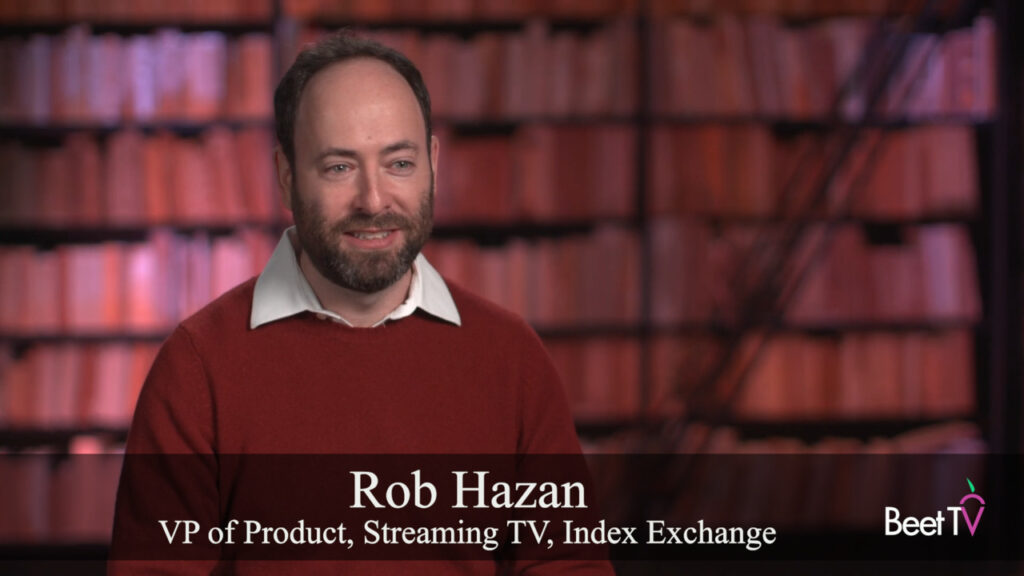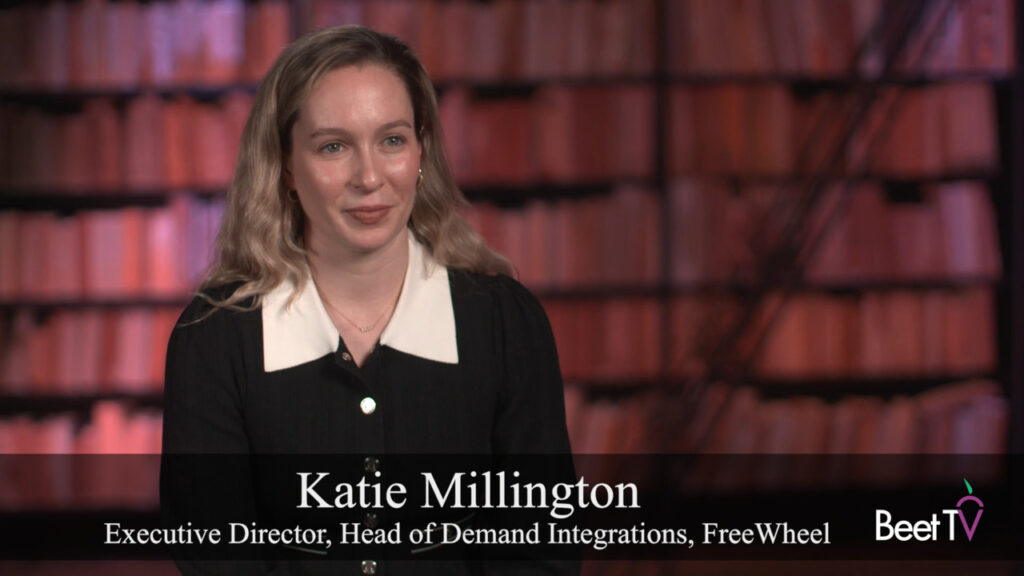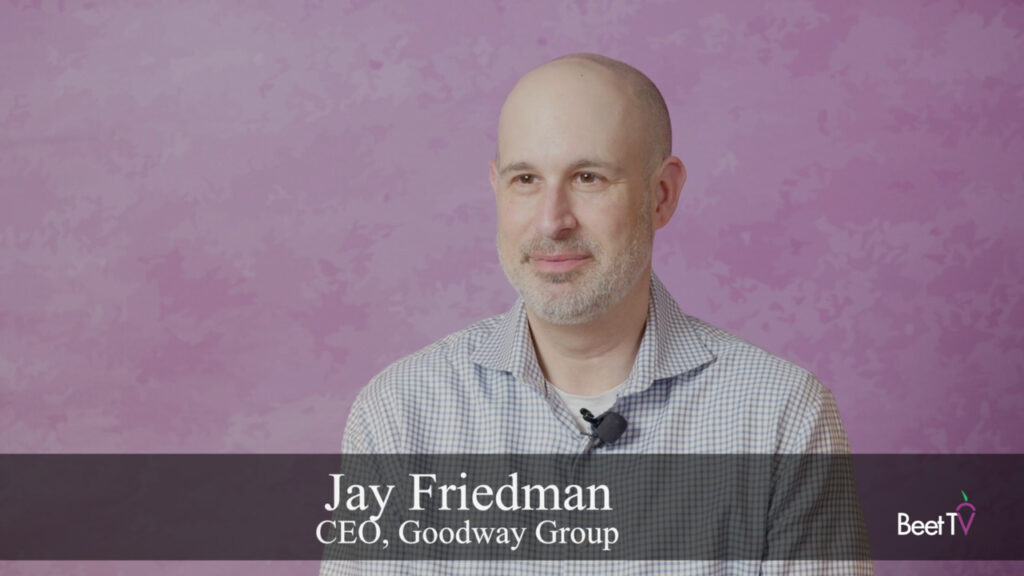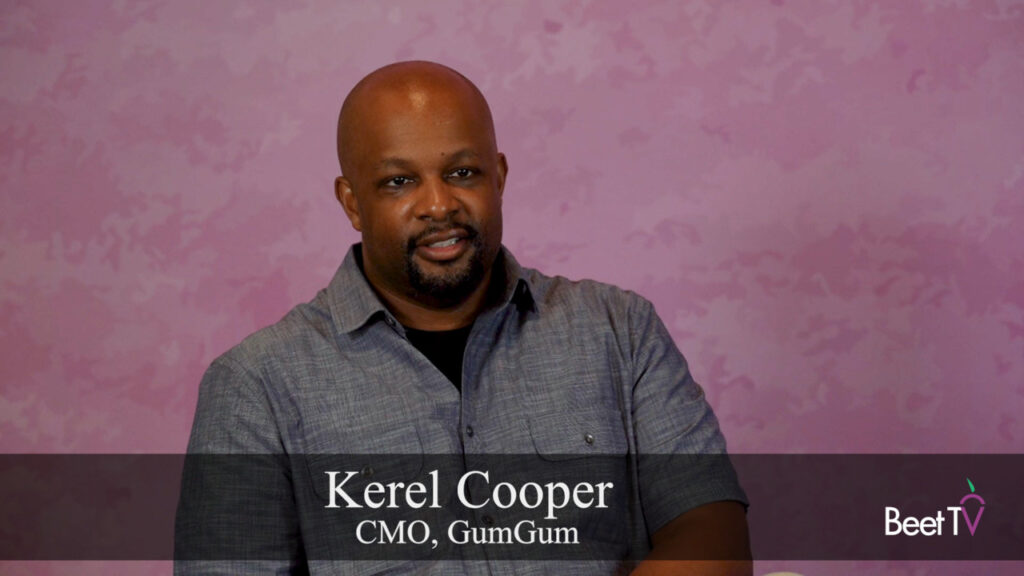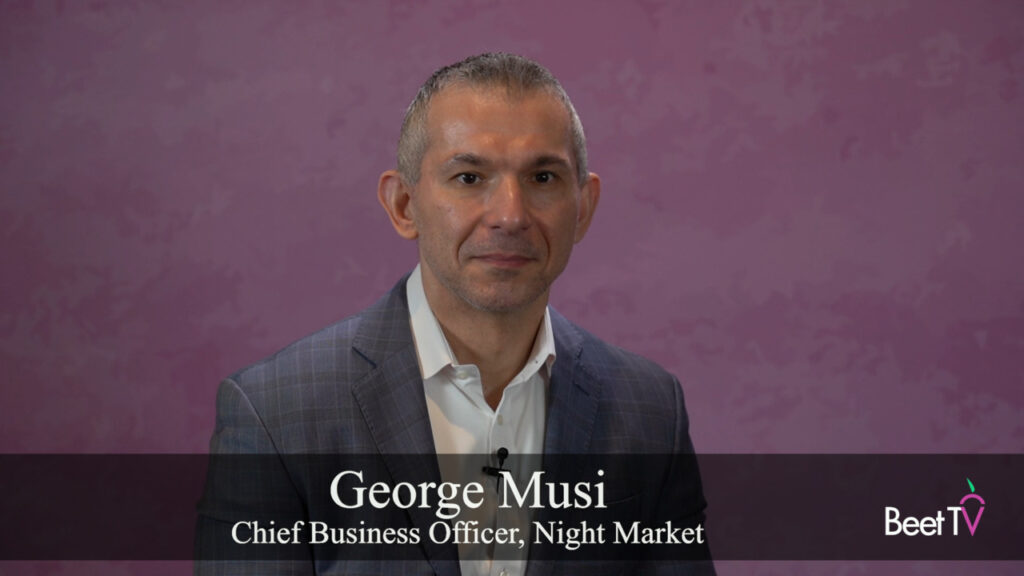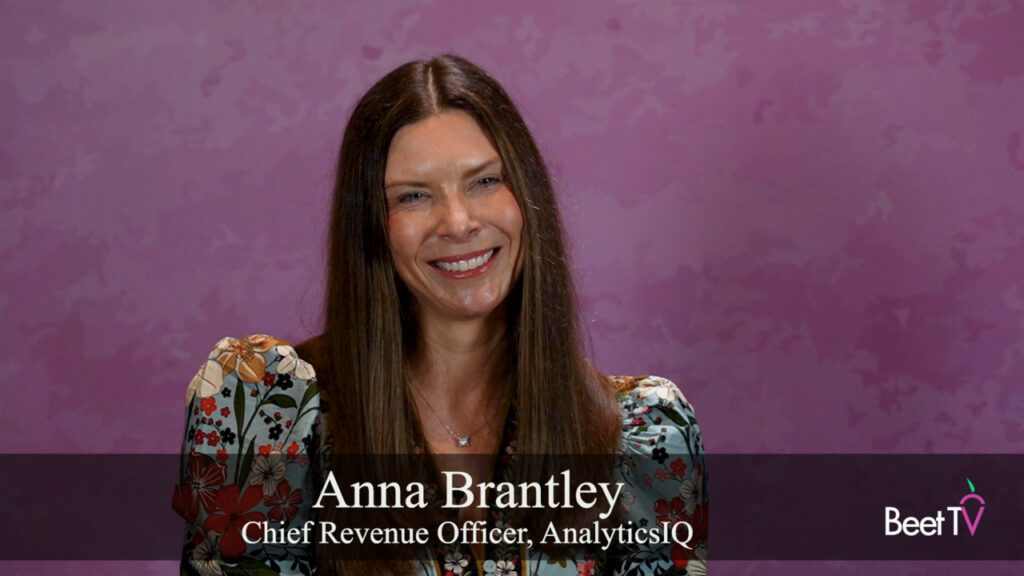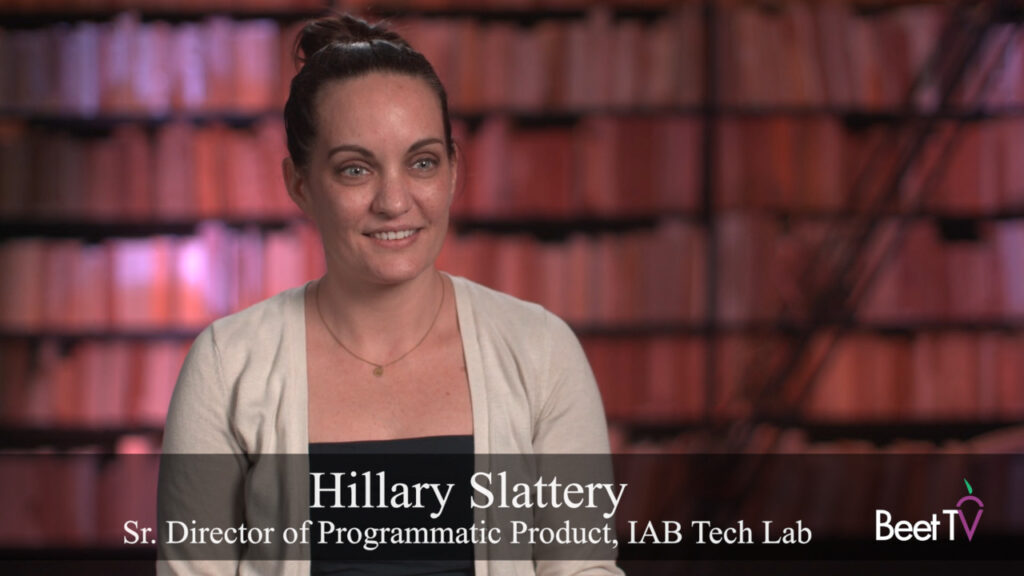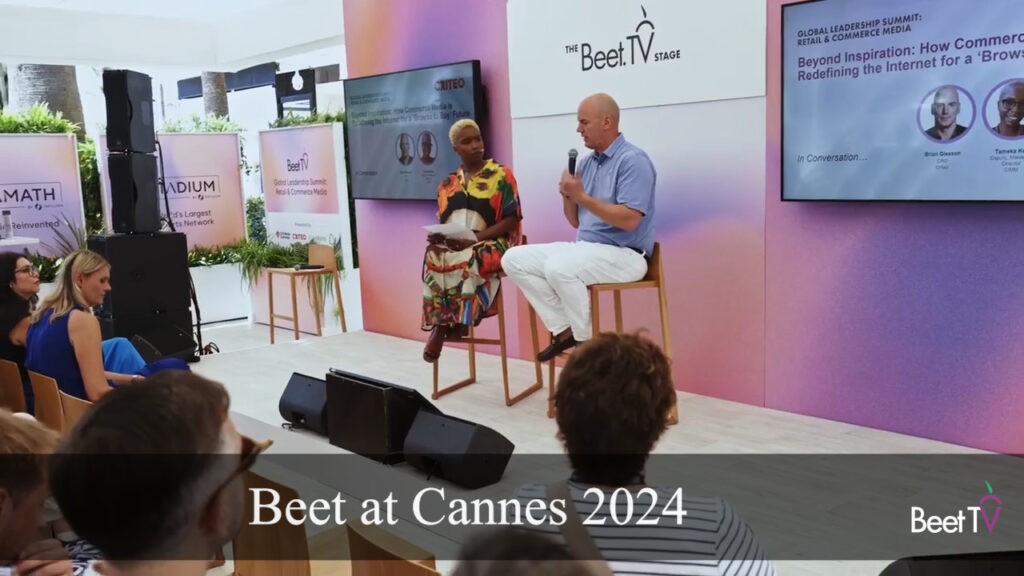The COVID-19 pandemic is bad news for advertising-dependent broadcasters and bad news for brands in certain impacted industries.
But, for advertisers whose products go unaffected by lockdown, the current circumstances have conspired to present a cost-effective opportunity.
In this video interview from London with Jon Watts for Beet.TV, Matt Hill, the research and planning director of Thinkbox, a UK group championing ad-funded broadcasters, explains.
“The UK market works on a supply and demand basis,” Hill says. “That supply (of viewers) has massively, massively increased and also the demand will have gone down as all the travel advertisers, all the retailers who can’t really benefit from spending at this point in time. So the price of TV is just incredible value at the moment.”
The new ad wave
Hill says crumbling ad rates are bringing in brands that, previously, were not big TV advertisers, like pressure washer manufacturer Matt Kärcher. And it seems to be working.
“You see this fascinating relationship between the TV advertising for Kärcher and the number of people searching online for Kärcher,” Hill says. “So it’s a huge opportunity for certain advertisers who can really capitalise on this low price for TV at the moment.
https://www.youtube.com/watch?v=KobhAgKoqVE
“There could be a pretty significant bounce-back. Once we start to come through this, the market could really, really pick up again and we could see advertisers putting their money back in – and prices will go back up, as demand increases.”
Creative challenge
The pandemic isn’t so good for broadcasters. The UK’s Channel 4, for instance, recently said: “The TV ad market is set to be down in excess of 50% over April and May.” It is cutting £150 million from production budgets, £95 million from elsewhere and drawing down £75 million in debt.
Broadcasters’ ability to produce or commission planned titles has been hit by lockdown. Many existing formats have moved to remote webcam filming, others are focusing on COVID-19 itself. ITV’s prime-time Saturday Night Takeaway has broadcast from its presenters’ homes rather than a studio.
From @antanddec's homes to yours, thank you for joining us this series! It wasn't quite what we had planned, but it's been a privilege to bring you some laughter. Stay safe ❤️ #SaturdayNightTakeaway pic.twitter.com/meG5M5CZ9q
— Saturday Night Takeaway (@itvtakeaway) April 4, 2020
“Constraints like this can create opportunities,” says Thinkbox’s Hill. “You’d be surprised about the type of formats that could be coming out based on the fact that the broadcasters have less money to play with as a whole.”
BVoD is strong
And there is every reason for advertisers to stick with TV, Hill says. Whilst main linear TV is now less than 50% of total viewing, the main-guard broadcasters are holding up well in that mix, thanks to having launched their own player services, largely funded by advertising, years ago:
According to Thinkbox’s recently-released A Year In TV 2020 report:
- SVoD is growing: “We’re seeing that 50% of homes in UK now have access to some kind of subscription VOD service.”
- But it’s not leading: “Friends on Netflix is the only (SVoD show) to make the top 20 most-viewed programmes in the UK.”
- Main broadcasters rule: “Netflix’s most watched programme was After Life with Ricky Gervais, which did about five million household views. But it’s still quite some way behind the likes of Bake Off or Strictly Come Dancing, which is doing around 10 million household views.”
“The view-through rate for broadcaster VOD just is beyond compare in the online video space,” Hill adds. “It’s at 97%. You just can’t get numbers like that outside of broadcaster content.”
https://twitter.com/MattHill_TV/status/1247155186675531787
Lockdown viewing booming
Thinkbox has also published research and interviews on how TV consumption is changing thanks to coronavirus.
During the pandemic, TV viewing of all kinds is booming, Hill says.
“The change in viewing to live broadcast TV, is a 40 minutes per person per day growthm” he explains.
“But we’re also seeing exactly the same volume of growth to the unmatched viewing (like Amazon, Disney+, BritBox and Netflix). So, in total, (growth of) 80 minutes per person, per day growth across this period of lockdown.”
Our brand new real-time study by @IpsosMORI follows 12 households keeping video diaries as their routines, needs and viewing habits change week by week. See our first findings, films, and the implications for advertisers here: https://t.co/d6M6ud8HnI #LockdownTV pic.twitter.com/KW4L153XgW
— Thinkbox (@Thinkboxtv) April 24, 2020


























